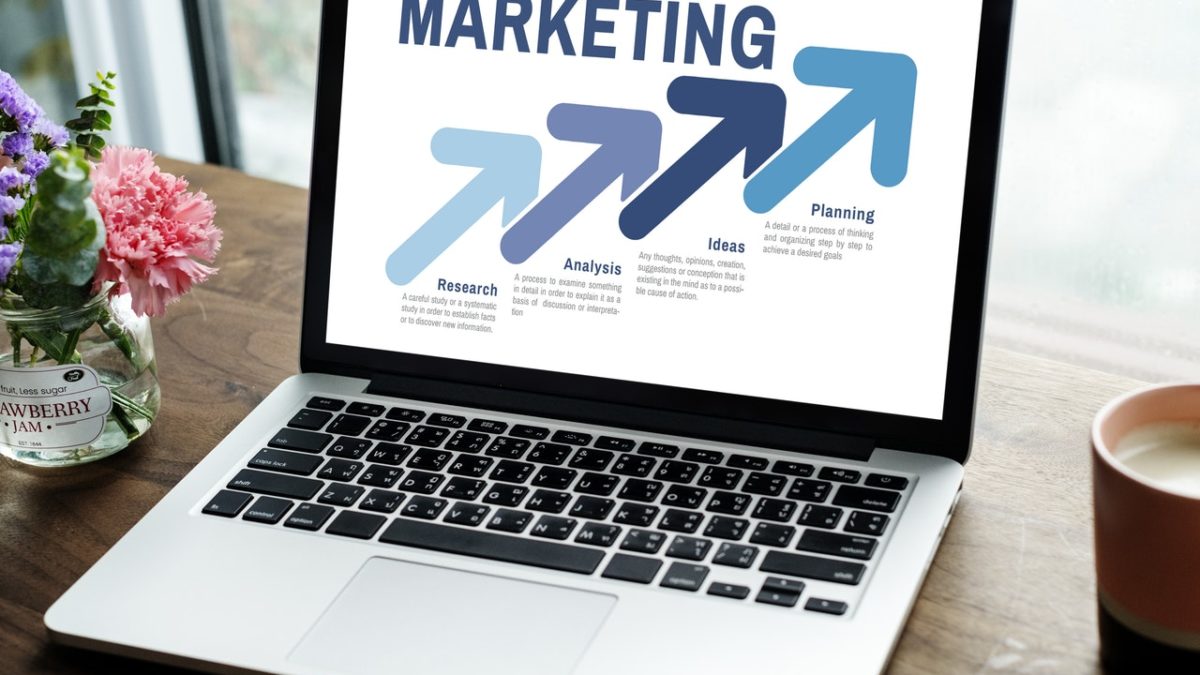Ph.D. in Business Administration - Marketing: Introduction, Admission, Registration, Eligibility, Duration, Fees, Syllabus 2024

Introduction:
The pursuit of a Ph.D. in Business Administration with a specialization in Marketing is a journey towards academic excellence and professional mastery. This doctoral program equips candidates with the analytical and strategic skills necessary to lead in the dynamic field of marketing.
Admission Process:
- Application Submission: Candidates must submit a detailed application, including academic transcripts and letters of recommendation.
- Entrance Exams: Most institutions require scores from exams such as GMAT or GRE.
- Personal Interview: Shortlisted candidates are often invited for an interview to discuss their research interests.
- Research Proposal: Applicants may need to submit a proposal outlining their intended research area.
- Admission Offer: Successful candidates receive an offer to join the Ph.D. program.
Eligibility Criteria:
- Master’s Degree: A master’s degree in a relevant field with a minimum aggregate score.
- Work Experience: Some programs may require professional experience in marketing or related fields.
- Research Aptitude: Demonstrated ability to conduct independent research.
- Academic Performance: Strong academic record, particularly in marketing and business courses.
- Test Scores: Competitive scores on standardized tests like the GMAT or GRE.
- Language Proficiency: For non-native speakers, proficiency in the language of instruction is essential.
Completion Time:
The typical duration for completing a Ph.D. in Business Administration - Marketing ranges from 3 to 5 years, depending on the institution and the candidate’s research progress.
Career Opportunities:
- Academic Researcher: Contribute to scholarly knowledge in marketing.
- Marketing Strategist: Lead marketing strategy development for organizations.
- Consumer Behavior Analyst: Specialize in understanding consumer decision-making processes.
- Brand Manager: Oversee and guide the brand strategy of companies.
- Consultant: Provide expert advice on marketing strategies and operations.
- Chief Marketing Officer: Direct an organization’s entire marketing operations.
Syllabus:
- Advanced Consumer Behavior: In-depth study of the psychological processes behind consumer choices.
- Quantitative Research Methods: Statistical techniques for analyzing market data.
- Marketing Strategy: Formulation and implementation of marketing strategies.
- Digital Marketing Trends: Exploration of the latest digital marketing innovations.
- Brand Management: Techniques for building and maintaining brand equity.
- International Marketing: Study of global marketing practices and challenges.
Internship Opportunities:
- Corporate Internships: Hands-on experience with leading marketing departments.
- Research Projects: Collaboration with faculty on cutting-edge marketing research.
- Consulting Firms: Exposure to real-world marketing strategy development.
- Non-Profit Marketing: Applying marketing skills to promote social causes.
- Start-Up Ecosystem: Insight into marketing for new and emerging businesses.
- Global Internships: Opportunities to work in diverse cultural environments.
Scholarships and Grants:
- University Fellowships: Financial support for outstanding academic records.
- Research Grants: Funds for specific marketing research projects.
- Teaching Assistantships: Compensation for teaching undergraduate courses.
- Corporate Sponsorships: Scholarships provided by industry partners.
- Government Scholarships: Awards for promoting excellence in marketing research.
- International Scholarships: Opportunities for studying abroad.
FAQs:
What is the focus of a Ph.D. in Marketing?
The program focuses on developing advanced research skills and a deep understanding of consumer behavior and marketing strategies.
Can I work while pursuing my Ph.D.?
Many programs offer flexible schedules or part-time options to accommodate working professionals.
What kind of research topics are explored?
Topics range from digital marketing innovations to international consumer behavior.
Are there opportunities for international study?
Yes, many programs offer exchange programs or collaborations with institutions abroad.
What is the expected salary after completing a Ph.D. in Marketing?
Salaries vary widely depending on the career path, but doctoral degrees often lead to higher-paying positions in academia and industry.
How does a Ph.D. in Marketing differ from an MBA?
A Ph.D. is research-focused, preparing candidates for academic and high-level strategic roles, while an MBA is more practice-oriented.
